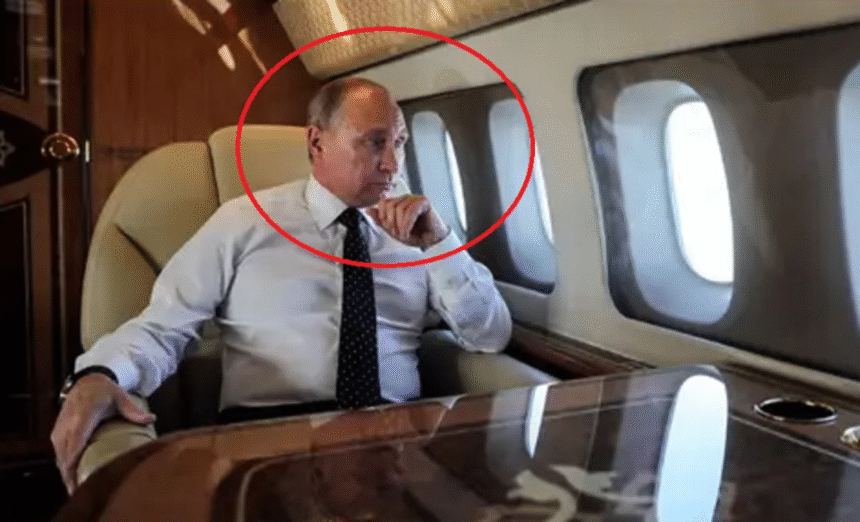Following the announcement of the next summit between Russian President Vladimir Putin and U.S. President Donald Trump, a question quickly circulated across major Russian Telegram channels: How will Putin actually get to Hungary?
The question is not without reason. Even Kremlin spokesperson Dmitry Peskov admitted that “for the moment, the logistical situation is unclear.”
To reach Budapest, the Russian leader would have to fly over EU or NATO member states, a major complication given that Putin is under EU sanctions and faces an International Criminal Court (ICC) arrest warrant for war crimes and crimes against humanity.
That means Brussels would have to grant him special flight permission, effectively bypassing sanctions. Even then, Putin faces serious security concerns.
As U.S. political analyst Kirill Benediktov explained to the Russian channel Readovka (with over two million subscribers):
“Hungary is surrounded on almost all sides by countries hostile to Russia, so any flight there could be highly risky for Vladimir Putin.”
Excluding routes over Ukraine or through Belarus–Poland–Slovakia–Hungary, Benediktov suggested that the “most realistic route” would pass through Turkey, the Mediterranean Sea, then Montenegro or Albania and Kosovo, continuing through Serbia and finally reaching Hungary.
“The Balkan Corridor is the only realistic option,” he added.
European diplomatic sources are already preparing for this possibility. “If the summit takes place in Budapest, the Americans will certainly want Putin to come. How he’ll get there, I don’t know,” one EU source told La Repubblica, noting that such a flight would require “ad hoc authorization.”
Technically, Putin could fly directly over Ukraine, but as one diplomat put it, “that would not be a wise option.”
According to European Commission spokesperson Anita Hipper, Putin is not personally under a travel ban, but the ban on Russian flights over EU airspace remains in force. “Member states can issue exceptions for specific routes, but such exceptions must be approved individually,” she said.
However, once Putin lands in Hungary, Budapest would be legally obliged to arrest him under the ICC warrant issued by The Hague.
Hungary signed and ratified the Rome Statute, the treaty establishing the ICC, in 1999 and 2001 respectively. On April 3, during Israeli Prime Minister Benjamin Netanyahu’s visit to Budapest—also under an ICC warrant—Hungary announced its withdrawal from the ICC, but that withdrawal won’t take effect for another year.
Still, as one EU diplomat put it:
“No one would be surprised if Hungary refused to arrest Putin — but it would deal another blow to the credibility of the International Criminal Court.”







